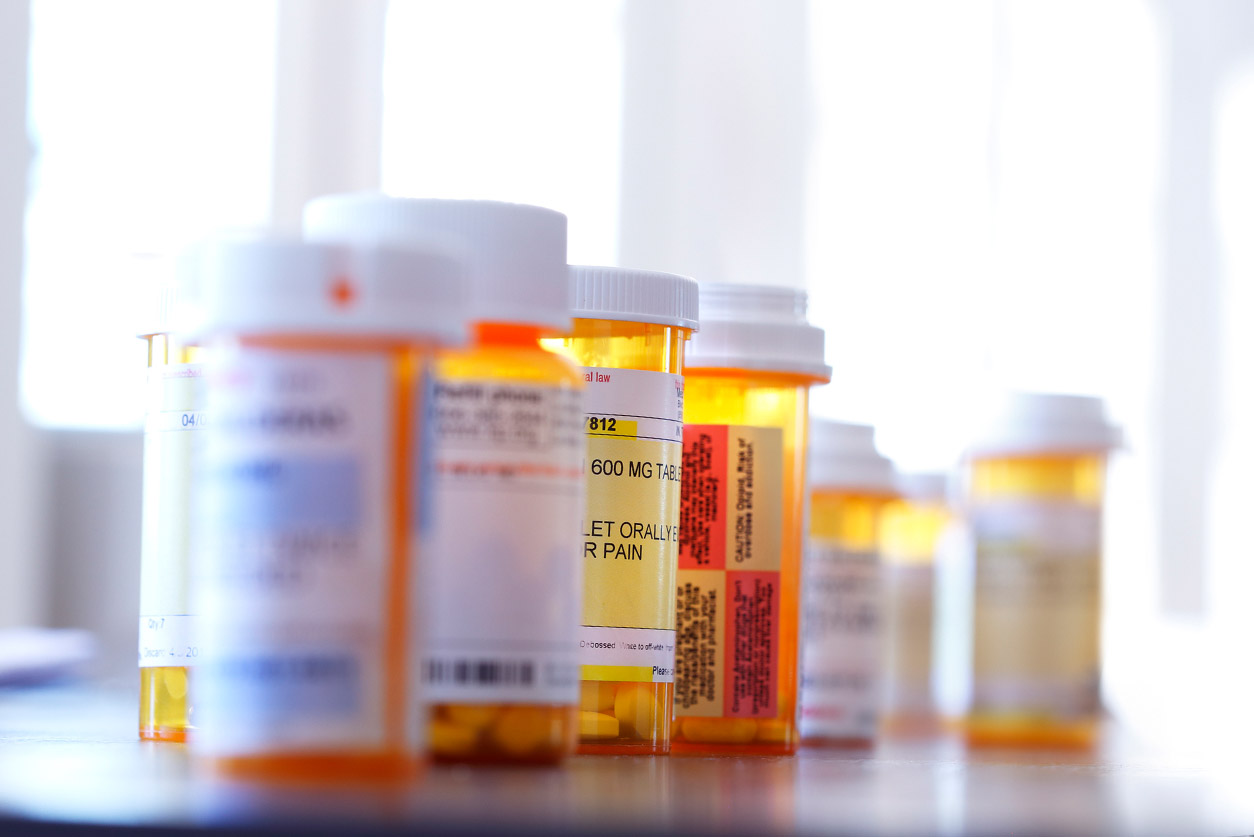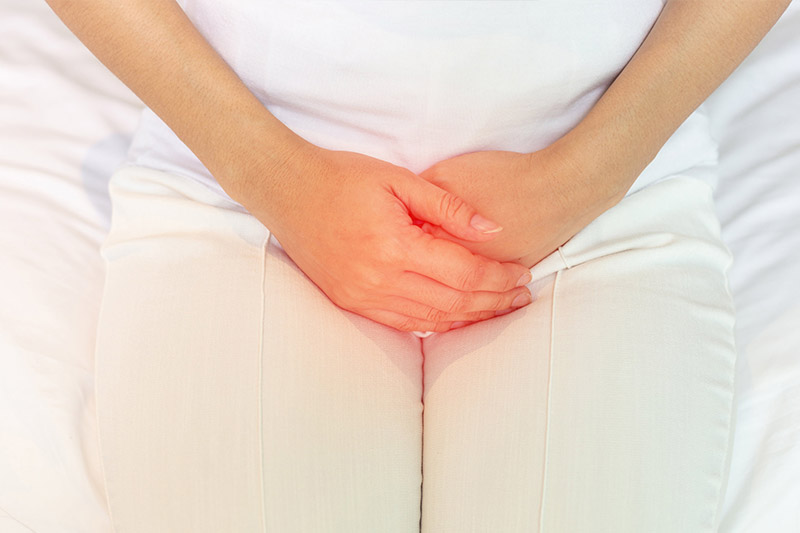Many people unintentionally stockpile medication – whether that is because they feel better midway through a course of painkillers, misplace their anti-inflammatories, or end up purchasing more than they need. The trouble is that, if you have various boxes of drugs around the house, you could end up taking expired medicine.
Out-of-date drugs often have a different chemical composition or, at best, a decrease in strength. Some of them are at risk of bacterial growth, and sub-potent antibiotics can even fail to treat infections, leading to more serious illnesses and antibiotic resistance.
Effectively, once your medication passes its expiration date, its FDA approval wears off. For this reason, we wanted to stress not only the importance of proper disposal but also the importance of the right storage.
Do not take medication past the expiration date
While the decreased effectiveness of an Advil, for example, might seem a small price to pay, there is no guarantee that any medicine past its best-by date offers health benefits. However, we do know that you can cause further damage to your body after taking certain expired meds.
Insulin and nitroglycerin are two examples of drugs that very quickly lose their potency once expired, potentially putting you in danger. The same is true of warfarin, which is used to treat blood clots, or phenytoin, which is used to prevent seizures.
If you are taking anti-anxiety medication like Xanax, the lack of potency could cause you to take more. This would increase the likelihood of you becoming addicted to the drug as you begin to crave the desired effects.
However, provided you are taking drugs responsibly, there are ways to prevent early expiration...
Read the information leaflet and store accordingly
Yes, we mean the long pamphlet that comes with your prescription. Not only does this alert you to potential side effects, but it also details how your medication should be stored. Some medicines must be stored in the refrigerator, for instance, whereas others will specify that they need to be kept in a cool, dry place.
It is for this reason that you should not keep medicines in the bathroom – despite what you may have seen in films, TV, and even real life. Given that most medications need to be stored in a cool, dark and dry place, a heated room with high levels of moisture is far from ideal.
The same is true of cupboards and drawers near hot appliances, and the sink in the kitchen. The fact is, leaving drugs in the wrong environment can result in early expiration and a decrease in effectiveness. Additionally, if you do decide to store drugs in your kitchen, be sure there is no risk of any children or pets reaching them.
Clear out your medication stockpile regularly
It can be easy not to check your medication is still in date if you are in a hurry or in need of relief. So, once you have established a safe place to store your medication or the medication of someone you care for, set a reminder to clear it out on the expiry date.
Any medication that has expired should be disposed of in the correct manner. That is, taken to your local controlled substance public disposal location. Throwing medicine in the trash runs the risk of animals or young children finding them. Similarly, you are encouraged not to flush meds down the sink or toilet as this poses a risk to the environment.
If your pharmacy does not have a drug take back facility, you can check if it is on the FDA’s flush list. This is a list of drugs that are either sought-after for their misuse or could result in death from one dose if inappropriately taken. Flushing them, in this case, allows you to keep your home safe if there is no other form of medication disposal available.
Help prevent the spread of opiate addiction
Part of the reason these drug take back facilities started up was to help fight the opiate epidemic in the US. As the primary driver for drug overdose deaths, all citizens should do their bit to remove stocks of opioids that could be stolen, sold or used in any other way beyond their intended purpose.
In fact, by stockpiling old opioids, you run the risk of making yourself a target for theft. Addicts are often in an incredibly fragile and volatile state of mind, where they may harm another in order to access their medication. For this reason, it is in the interest of public safety that you dispose of all excess medication through the proper channels.
Drug take back facilities even have a dedicated day on April 24th. The entire process is handled anonymously, with no questions asked about you or your personal life. Again, if you are unable to make this event, then consult the FDA flush list to rid your home of medication that could prove a danger to you or others.
Remember to restock your medicines
If, after clearing out your cabinets, you are close to running out of your essential medications, please contact the Medix team. We can arrange a refill of your prescription to be shipped out to you within 2-3 weeks.
If you have any questions about our online pharmacy service, you can always request a callback, or call us on 1-866-500-6633 (toll-free phone number) or +44 1438 500111 (international phone number).






